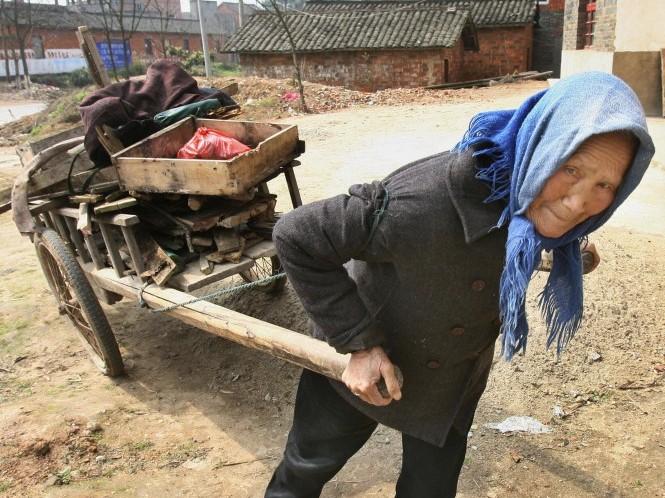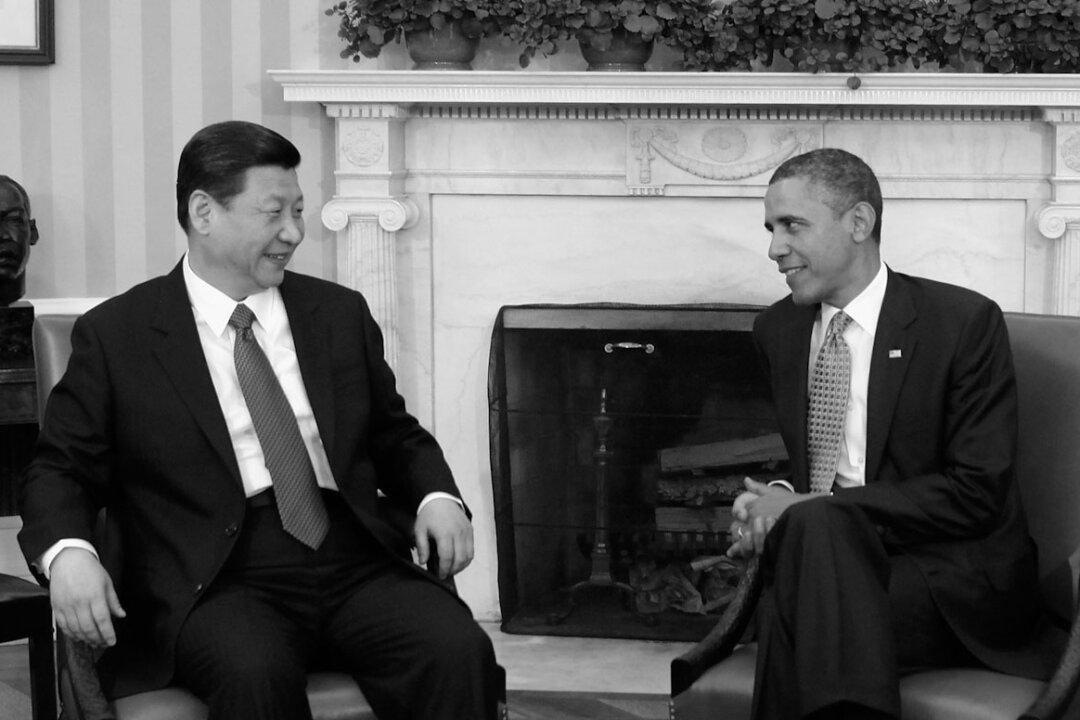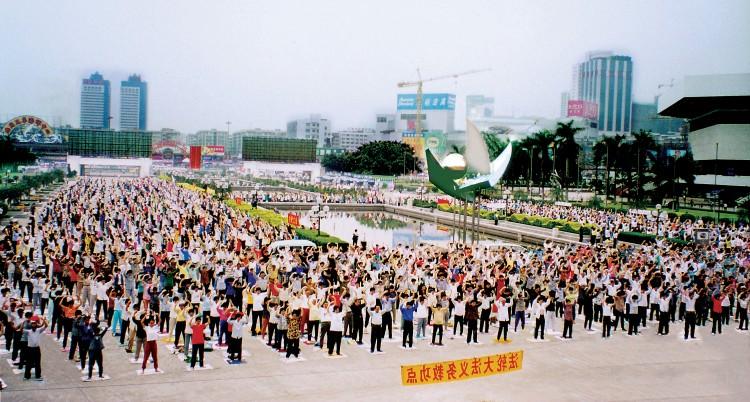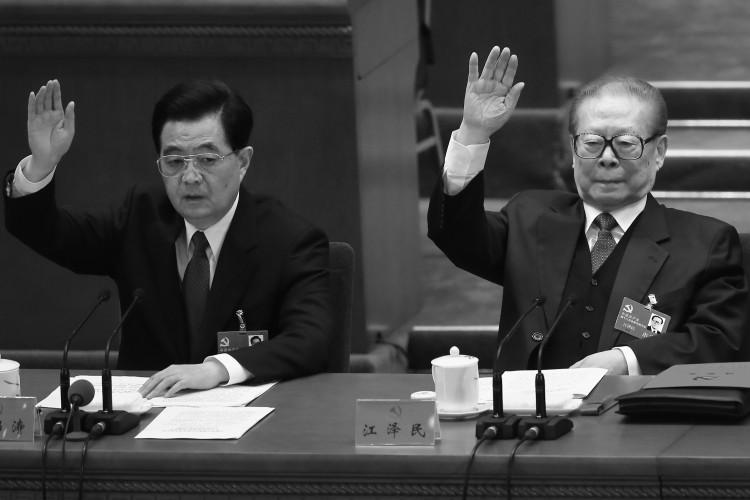In a conference on China in New York City, when asked what one thinks of when the word “China” comes to mind, an American lady in the audience answered, “the wealthiest country in the world.”
As a Chinese-American, I keep running into people who ask me if they should invest in China because the economy there looks so miraculously wonderful.
Several factors may have contributed to the American public holding this perception. For example, during China’s rapid economic development over the last 30 years, the communist regime allowed some people to become rich, giving an overall impression of a society becoming rich.
China holds over US$1.2 trillion in U.S. debt, a vast sum in foreign reserves. And media and Wall Street have portrayed China as an emerging gold mine for investment.
The Poor
In comparison with the Mao era, many Chinese people’s standard of living may have improved significantly. But the reality is that, in spite of the dynamism of the past 30 years, Chinese society remains very poor.
In the book The Next Decade, George Friedman points out that according to the People’s Bank of China, 60 million Chinese (less than 5 percent of the Chinese population) live in middle-class households (defined as those earning more than US$20,000 a year).
Six hundred million Chinese live in households earning less than US$1,000 a year, or less than US$3 a day for a family. Another 440 million Chinese live in households earning between US$1,000 and US$2,000 a year, or US$3 to US$6 a day.
Friedman concludes that 80 percent of Chinese live in conditions that compare with the poverty of sub-Saharan Africa. These numbers may cause disbelief in many Americans. They may wonder how it is possible for a nation so impoverished to own so much U.S. debt.
US Debt
China, despite economic reforms, is still a centralized economy controlled by the state. The communist regime looks to economic development to legitimize its power and stabilize the nation.
By manipulating the value of the yuan, taxing heavily the manufacturing industries that export goods to foreign markets, utilizing its rich resources for raw materials, including a commanding market position in rare earths, and keeping the costs of human capital cheap, the Chinese regime has accumulated large reserves of foreign currency.
Larry Lang, chair professor of Finance at the Chinese University of Hong Kong, recently stated that China has the highest income tax in the world.
In order to maintain the low currency rate that gives an advantage to Chinese exports, the Chinese regime chose to buy U.S. debt and manipulate the currency.
Buying U.S. debt also serves to generate economic dependency of the United States on China and create political leverage in dealing with the U.S. government. For example, the United States over the last two decades has for the most part ignored human rights violations by the Chinese regime and shied away from anything and anyone that the Chinese Communist Party regards as an enemy.
Next ... ... Inequality of Income
Inequality of Income
China’s economic development was designed by Deng Xiaoping, the architect of China’s economic reform, to allow a few to become rich first. In fact, the reform has generated nothing but that result: A few who have become rich.






